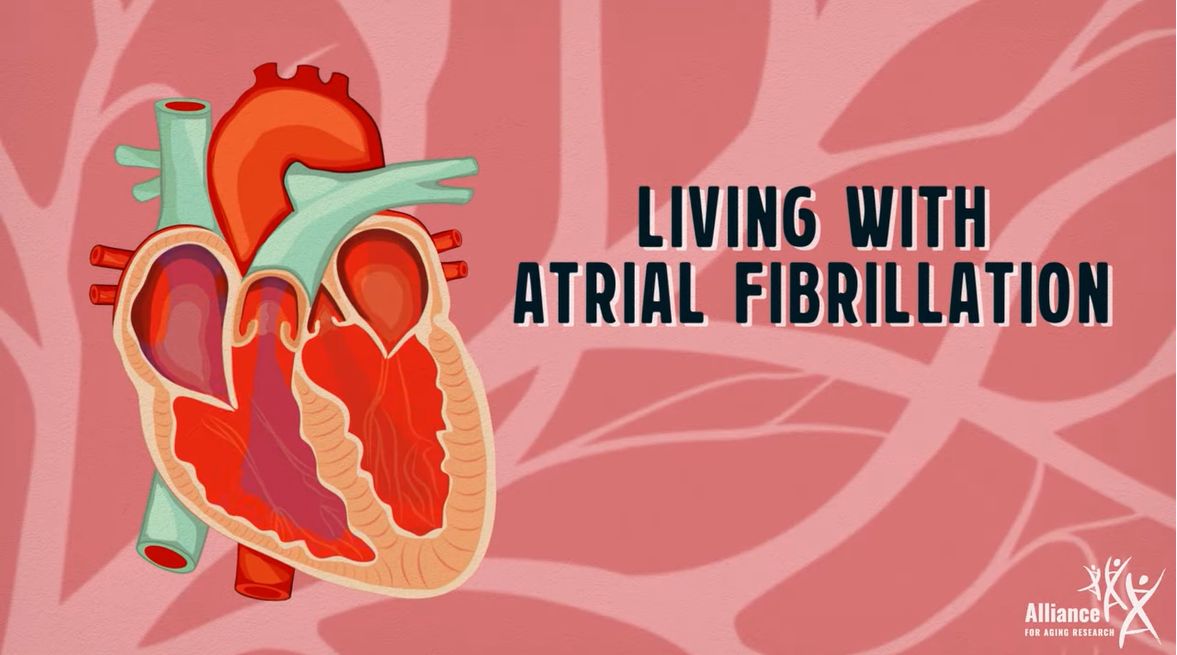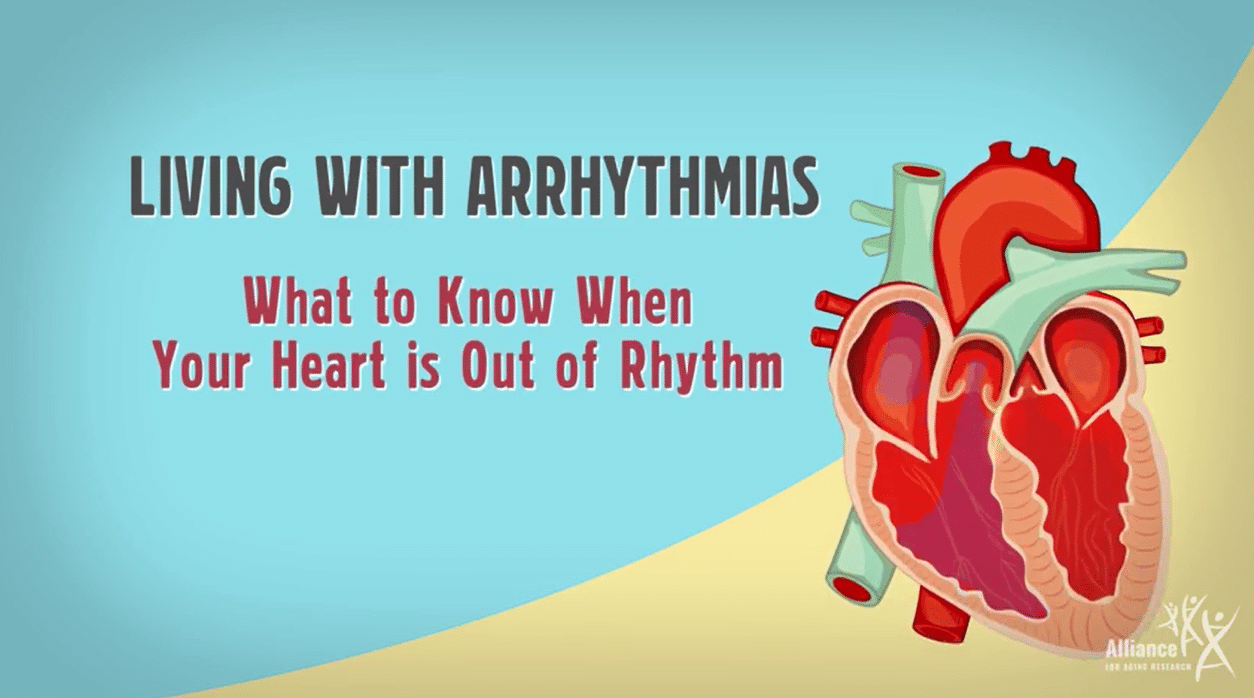Preventing Atrial Fibrillation (AFib) Related Strokes
Atrial fibrillation (AFib) is one of the most common types of arrhythmias—or irregular heartbeats—and causes the heart to…
more.Atrial fibrillation (AFib) is the most common type of arrhythmia, or irregular heart rhythm, and impacts as many as six million Americans. While the irregular heart rhythm itself isn’t generally serious, the abnormal blood flow and strain to the heart can lead to serious and deadly medical conditions, including heart failure and stroke. Having AFib increases the risk of stroke by 500% and doubles the risk of death.
This makes recognizing the signs and symptoms of AFib especially critical. Symptoms can include irregular, pounding, or rapid heartbeats. Additional symptoms can include dizziness, fainting, breathlessness, weakness, fatigue, and chest pain. However, not everyone experiences symptoms and as many as one in three people with AFib don’t know they have the disease. So if you have risk factors, you should see your healthcare provider and have your heart listened to and your pulse checked regularly.
Risk factors include valve problems, previous heart attacks, and other heart problems; previous heart surgery; high blood pressure; coronary heart disease; overactive thyroid or metabolic imbalances; lung disease; viral infections; stress; sleep apnea; caffeine; alcohol; and certain medications. The cause is not always known, but the risk of AFib does increase with age.
Clots can form in a heart that beats irregularly from AFib. If the clots travel from the heart to the brain, they can block vital blood flow and oxygen and cause a serious and potentially deadly stroke. Medications called anticoagulants can help reduce the risk of stroke from AFib.
Treatment for AFib depends on how long you have had it, how much your symptoms interfere with your life, and the cause of your AFib if known. The two main treatment goals are to regulate the rhythm of your heart and to reduce your stroke risk. Treatments can include lifestyle changes, medications, procedures, and even surgery.

Atrial fibrillation (AFib) is one of the most common types of arrhythmias—or irregular heartbeats—and causes the heart to…
more.
Atrial fibrillation (AFib) is one of the most common types of arrhythmias—or irregular heartbeats—and causes the heart to…
more.
Have you or a loved one ever experienced an irregular heart rhythm? If so, you know how frightening it can…
more.This campaign shares the real stories of people who have experienced and seen first-hand how serious strokes can be. These advocates all share the mission of educating patients and their loved ones about stroke risk and prevention, so that they can Celebrate a Year Without a Stroke.
There are many ways you can help accelerate the pace of scientific discoveries and their application to vastly improve the universal human experience of aging and health:

The Alliance for Aging Research is a proud recipient of Candid’s Platinum Seal of Transparency.

The Alliance for Aging Research is proud to be rated a 4-star charity by Charity Navigator.